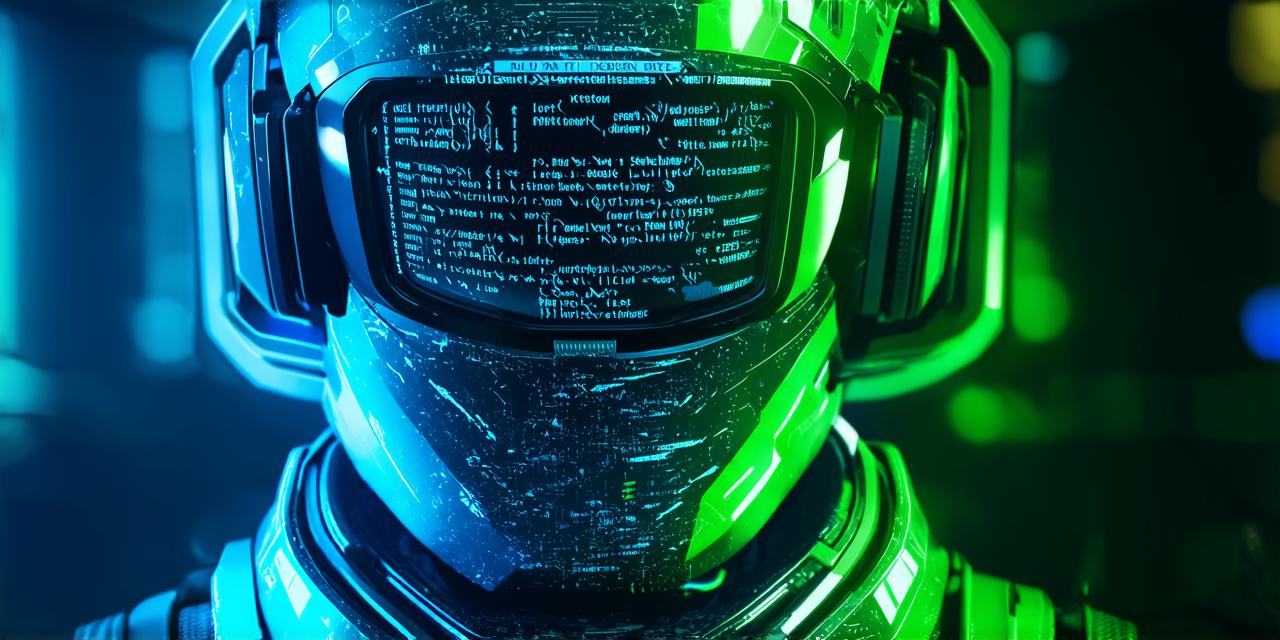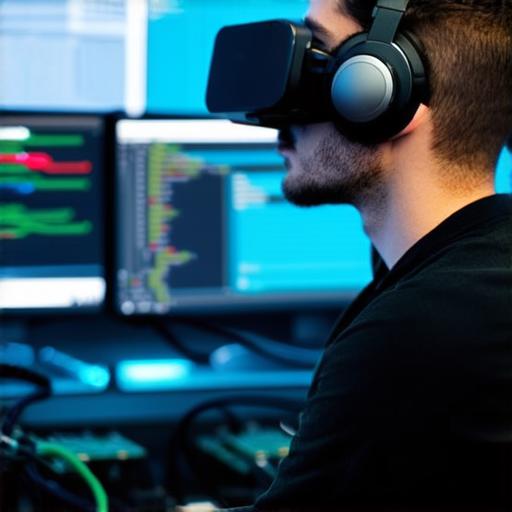
Ways to Become a Virtual Reality Developer
Here’s the corrected HTML code for the article:
Virtual reality (VR) technology has revolutionized the way we interact with digital content, from gaming to training simulations and even medical treatments. With the continued growth of VR, there is an increasing demand for skilled developers who can create immersive and engaging experiences for users.
1. Learn the basics of programming
Before diving into VR development, you need to have a strong foundation in programming. There are many programming languages that are used in VR development, but Python and C++ are two of the most popular. Start by learning the basics of one of these languages and working through tutorials and exercises to build your skills. You can also find online courses and bootcamps that offer hands-on training in programming for VR development.
2. Familiarize yourself with VR development tools and platforms
There are many tools and platforms available for developing VR applications. Some popular ones include Unity, Unreal Engine, and A-Frame. Learn how to use these tools by following tutorials and working through examples. You can also find online courses and bootcamps that offer hands-on training in VR development using specific tools and platforms.
3. Build your portfolio
As a VR developer, you’ll need to showcase your skills and demonstrate your ability to create engaging and immersive experiences. Start by building simple VR applications and gradually work your way up to more complex projects. You can also participate in online challenges and hackathons to gain experience and build your portfolio. It’s important to have a diverse range of projects in your portfolio, from gaming to educational or training simulations, to demonstrate your versatility as a developer.
4. Network with other VR developers

Networking is an important part of any career, and it’s especially important in the VR industry. Attend VR conferences and meetups, join online forums and communities, and connect with other VR developers on social media. This will give you the opportunity to learn from others, share your own experiences, and potentially find job opportunities. You can also collaborate with other developers on projects to gain experience and build your network.
5. Stay up-to-date with the latest trends and technologies
The VR industry is constantly evolving, and it’s important to stay up-to-date with the latest trends and technologies. This will help you stay relevant and competitive in the job market. Read industry publications and blogs, follow influential figures on social media, and attend workshops and conferences to learn about new developments. You can also participate in online communities and forums to keep up-to-date with the latest news and trends in VR development.
6. Consider further education or certification
While a strong foundation in programming and practical experience are essential for VR development, further education or certification can also be helpful. There are many online courses and degrees that offer specialized training in VR development, and earning a certification can demonstrate your expertise to potential employers. You can also find specialized bootcamps and programs that focus on specific areas of VR development, such as game design or medical simulations.
In conclusion, becoming a virtual reality developer requires a combination of technical skills, creativity, and passion for the field. By following these steps and continuously learning and growing, you can position yourself for success in this exciting and rapidly-evolving industry. With the growth of VR technology, there are endless opportunities for developers to create innovative and engaging experiences for users. So if you’re interested in this field, don’t hesitate to take the first step towards becoming a virtual reality developer.


